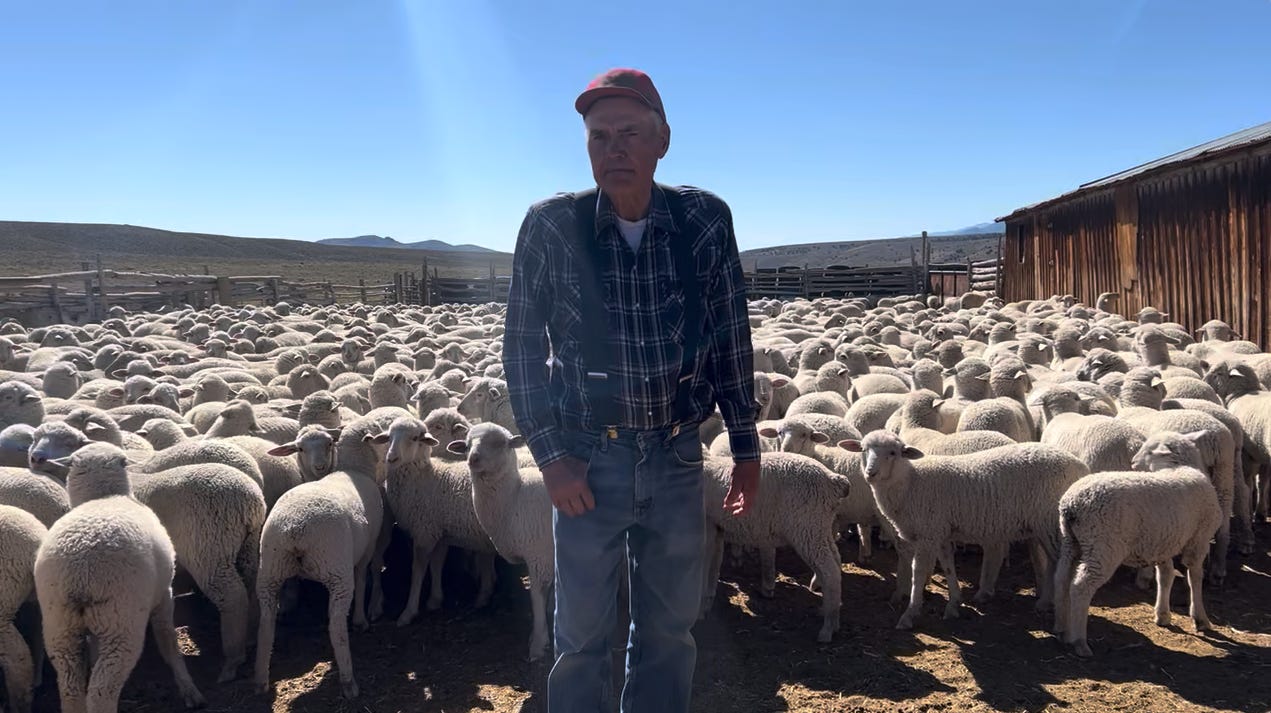For 50 years, this rancher followed labor law. As big ag lobbies for amnesty, he is about to lose his legal crew.
Nevada rancher Hank Vogler says bureaucrats have made the H-2A farmworker program a "living hell."
Hank Vogler has spent much of his 76 years in sheep camp. He built his livestock empire over decades of hot days in the Nevada sun and cold nights under a high desert moon. The Need More Sheep Company runs 14,000 sheep and 1,000 cattle in Spring Valley north of Las Vegas. That could all…




